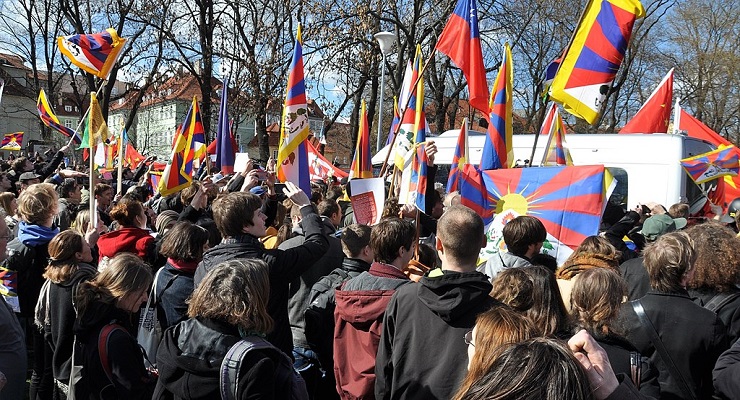
A really interesting perspective from Democracy Digest:
Zdenek Hrib had been in office for only a couple of months when he first locked horns with Beijing. The youthful mayor of Prague was welcoming diplomats to a reception in the Czech capital when the Chinese ambassador approached and demanded that he kick out the representative of Taiwan, which China does not recognise. Mr Hrib refused, The Financial Times reports:
Indeed, the spat is part of a growing backlash in the central European nation against the closer ties with China promoted by President Milos Zeman. Since 2012, Beijing has sought to boost its influence in the region to gain a diplomatic and economic foothold in the EU. It found a receptive partner in Mr Zeman, who claimed the tighter links would lead to a stream of Chinese investments in Czech projects. …. “If you look at the Chinese promises of investment . . . only a fraction of it happened,” Hrib noted. “And basically they were not investments. They were merely acquisitions of companies or sports clubs that already existed — not investment creating new job opportunities or knowhow transfer.”
Martin Hala, director of Sinopsis, a China-focused research group, agrees. “The relationship was supposed to be based on economic diplomacy, but from that perspective it has been a fiasco,” he said. “The fight [between Prague and China] is a symptom of a relationship that has already been damaged.”
The latest World Politics Review details How Russia and China Are Sowing Division and Gaining Influence in Czech Politics, using what @NEDemocracy calls sharp power.
National Endowment for Democracy scholars Christopher Walker and Jessica Ludwig coined the term “sharp power” as the attempts to pierce or penetrate the political and information environments of targeted countries, notes a recent report, Art of Deceit: How China and Russia Use Sharp Power to Subvert the West. While there has much debate over recent years as to whether sharp power is substantively different from soft or hard power, we believe there is merit in the term as a distinct sub-genre of what was historically called ‘influence operations’, they add.
Leave a Reply